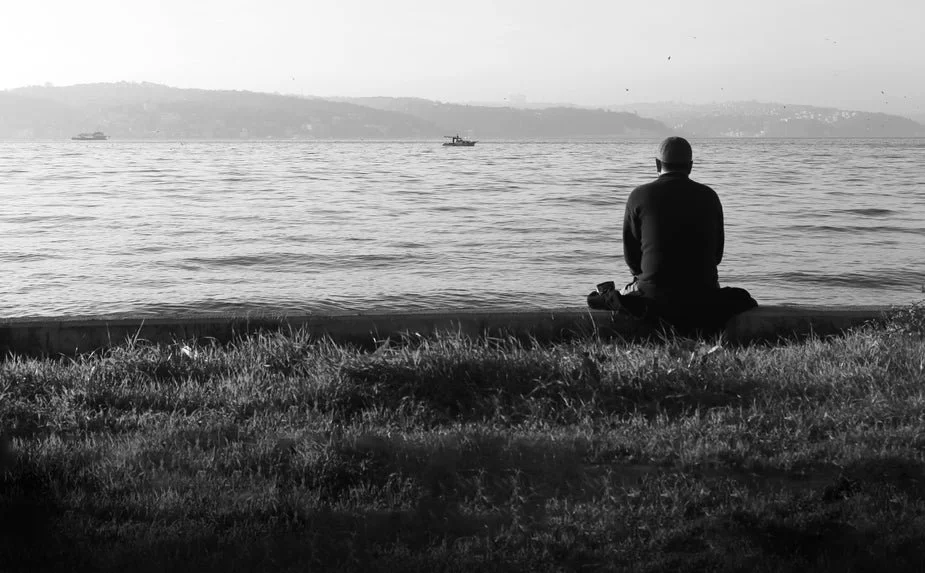Many of us were raised with the idea that happiness is something that needs to be sought after, acquired, or achieved, and with this belief firmly in place the rat race of our lives began.
We sought out different ideologies, methods, and strategies, listening to anyone or anything that we believed would help us achieve our goal of creating a happy life.
And we were sometimes successful, at least for a time.
I think we would all say that we have managed to capture a few glimpses of happiness along the way. An experience here, a purchase or relationship there, only to feel it once again fade and eventually slip from our grasp.
It comes and goes but over time this pursuit goes from aggravating to pure exhaustion.
So how can we capture this elusive thing we call happiness once and for all, and release ourselves from the perpetual frustration of the carrot and stick?
We release ourselves by entertaining how you’re viewing the problem is what’s actually creating more of it.
We are often in such a hurry to solve the dilemmas of our lives that we don’t take the necessary time to understand what the problem is before creating the solution.
It’s like being in a boat that’s filling up with water and instead of trying to find the source of the leak, we keep trying to find bigger buckets to bail instead.
Do we actually understand the problem before we rush to solve it?
Philosopher Albert Camus once wrote:
“In the midst of hate, I found there was, within me, an invincible love. In the midst of tears, I found there was, within me, an invincible smile. In the midst of chaos, I found there was, within me, an invincible calm.
“I realized, through it all, that… In the midst of winter, I found there was, within me, an invincible summer. And that makes me happy. For it says that no matter how hard the world pushes against me, within me, there’s something stronger – something better, pushing right back.”
For me, Camus’ words suggest a subtle yet important distinction with respect to our quest for happiness. The missing ingredient is not something that comes and goes or needs to be acquired, it is a constant. It is always there.
In other words, it doesn’t come and go – we do.
Just like we don’t always feel the warm rays of the sun, that doesn’t mean that the sun isn’t there. It’s simply the clouds giving us a temporary, albeit persistent illusion that it has gone away.
Throughout much of the chaos of the last few years, or maybe my entire life, when I really think about it, I have always had moments of happiness peppered in between my struggles.
But it wasn’t because they just showed up, it was because I did.
As I remember the times I felt happy in my life, I can now see that I would often attach them to the people, places, or things that were a part of that happy time. Jane makes me feel happy or I’m happiest when I’m at the beach or in nature.
But when I look a little deeper, these things didn’t make me happy, they were merely a catalyst or aid for me to be fully present in that moment, unencumbered from the clouds of my thoughts.
I was in the here and now, and in that moment of being fully present, the constant that Camus refers to was revealed.
Put another way, happiness is not something we acquire or achieve, it is our natural state of being.
With this understanding our search for happiness ends and mastering the art of awareness begins.
As we become better at recognizing how and why we leave our natural state, we can then learn how to return to it without anything else needing to happen, and with that newfound awareness, the struggles and frustration in our lives begin to diminish.
Maybe happiness is just another word for peace.


